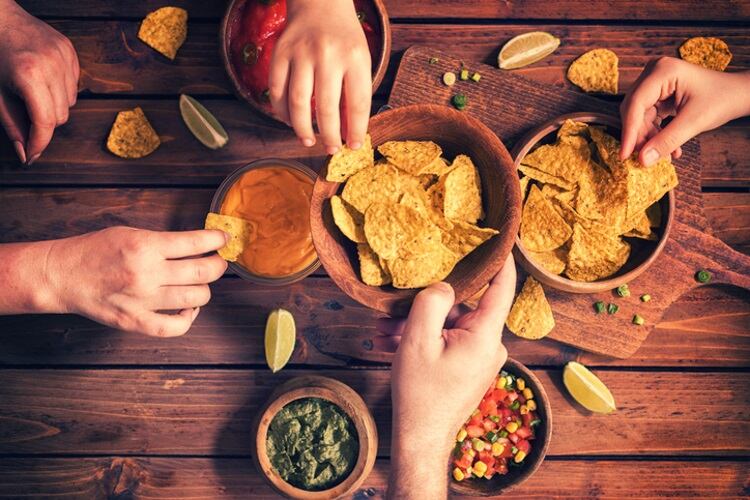Olivier Devaux, senior public affairs and communications manager for ESA, told BakeryandSnacks that savoury snacks manufacturers are committed to play their role in supporting a genuine transition toward a sustainable food system.
“The European Snacks Association welcomes the Commission’s Communication on the Farm to Fork Strategy and looks forward to working with all relevant partners to embark on a genuine transition toward a sustainable food system,” Devaux told us.
However, ESA has called “for a sensible and evidence-based approach to all the initiatives listed in the annex of the Communication.
“The intention to stimulate the reformulation of processed foods, for instance, is laudable but, going in the direction of setting maximum levels of certain nutrients as it is worded in the strategy, cannot be the way forward. This would be disproportionate, unfair and, most importantly, ineffective in achieving the objective of building healthier diets for consumers.”
What F2F says
The EU’s Farm to Fork Strategy essentially underlines the urgency to transform our food systems to make every link more sustainable, particularly highlighted by the coronavirus outbreak, which shone a spotlight on the interlink between healthy ecosystems and human health.
F2F is at the heart of the European Green Deal, which sets out how to make Europe the first climate-neutral continent by 2020 to boost the economy, improve people’s health and their quality of life, and to care for nature.
According to F2F, “while the performance of EU food systems in terms of sustainability has improved in certain respects, progress is needed to reduce dependency on pesticides and fertilisers and to increase organic farming.”
It also wants to be more efficient in how we manages resources. “About 20% of the food produced in the EU is currently wasted, while 36 million citizens cannot afford a quality meal every second day and yet, the obesity rate is rising.”
It contends that, overall, the diets of Europeans are “not in line with dietary recommendations and the food environment does not always allow the healthy option to be the easiest option.”
With consumers increasingly paying attention to environmental, health and ethical issues, they “want green, organic food, with less pesticides, sugar and additives” and “food producers play a key role in ensuring that such demands are met.”
To facilitate this shift and improve the EU’s food environment, the Commission says it is launching initiatives to “stimulate reformulation of processed food, including the setting of maximum levels for certain nutrients and setting nutrient profiles to restrict the promotion of foods high in salt, sugar and fat.”
It is also seeking commitments from producers to reduce their environmental footprint and packaging; adapt their marketing and advertising strategies to take into account the needs of the most vulnerable; and ensure that campaigns related to food prices do not undermine consumers’ perception of the value of food. "In the longer term, this could lead to rules on sustainable corporate governance that will require the food industry to integrate sustainability into corporate strategies."
To promote these practices and to ensure transparency in the food industry, the Commission says it intends to develop an EU Code of Conduct “as a priority”.
ESA’s Devaux told this site it will certainly take advantage of the Commission’s invitation to engage with it in a broad public debate.
“Drawing on its own experience and track record of successful reformulation efforts in the past decades, ESA looks forward to a constructive discussion with policymakers on this issue, as on others,” he said.





